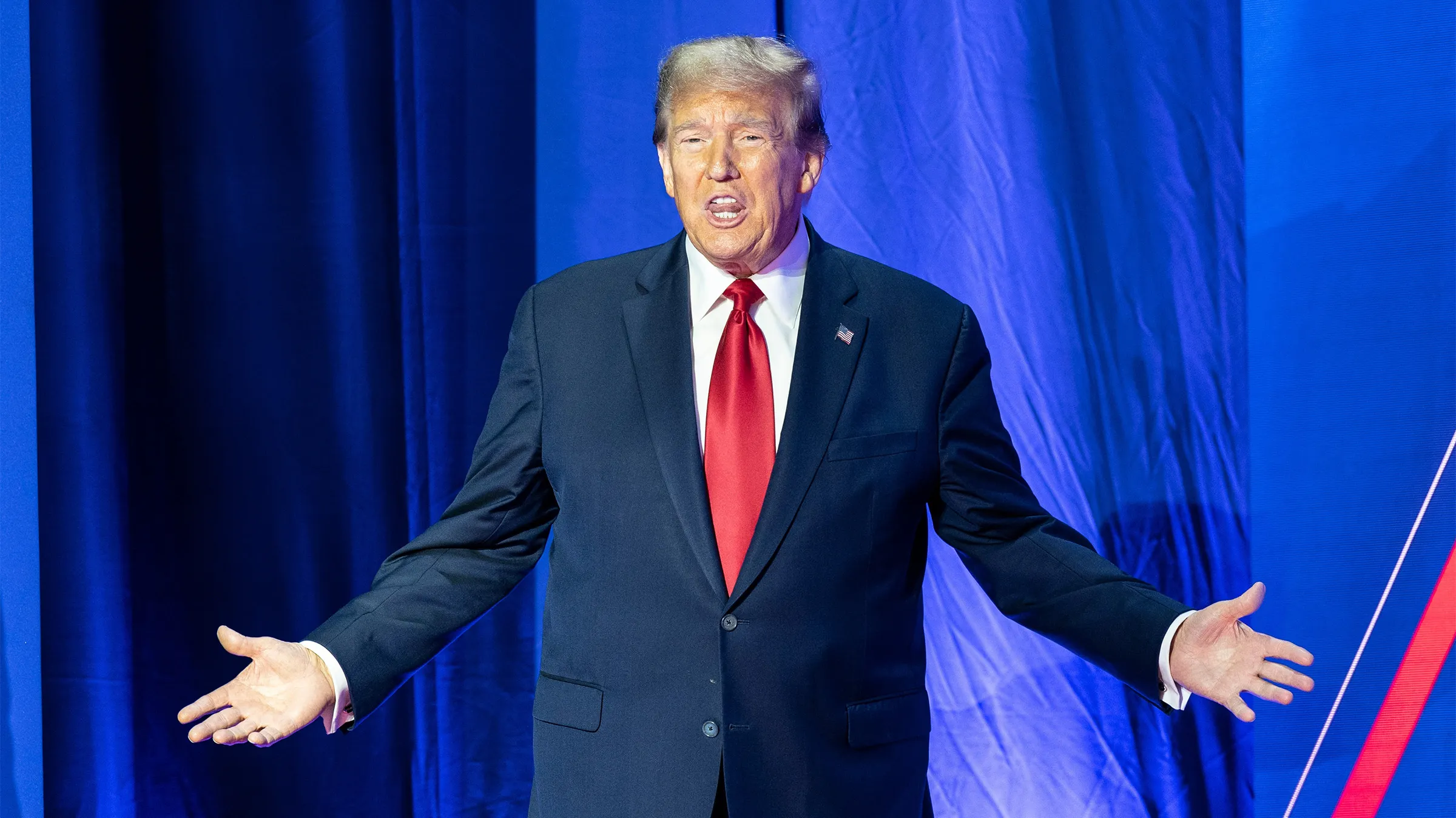Bitcoin mining is a big business in the U.S.—but how big? And will Donald Trump's return to the White House make a difference?
The President-elect last year said—along with plenty of other pro-crypto pledges—that he wanted all remaining coins to be mined on American soil.
Spoiler alert: This will be very difficult, if not impossible.
Data compiled by TheMinerMag shows that U.S. miners currently account for around 40% of the mining hashrate—more than any other country.
But experts told Decrypt that it is highly unlikely the pro-crypto commander in chief will be able to shift the remaining 60% of the Bitcoin mining hashrate to the states.
“It’s impossible, in my opinion,” head of digital assets research at VanEck, Matthew Sigel, told Decrypt. He added that mining operations all around the world would have to shut down, and operations in the U.S. would have to take their place.
And CJ Burnett, chief revenue officer at Compass Mining, which provides Bitcoin mining hosting and other services, told Decrypt that while his company was excited about Trump’s “eagerness” for the industry, it would be impractical to move all mining operations to the States.
“The U.S. lacks the electrical infrastructure, physical computing hardware (mining machines), and sufficiently low energy costs to become the only place for mining all remaining Bitcoin,” he said.
“Ultimately, Bitcoin mining remains a globally distributed network driven by market economics, energy availability, and regulatory landscapes worldwide," Burnett added.
In order for the Bitcoin network to function as a payment network, miners work to add blocks full of data—information about transactions—to a long-running, public ledger known as a blockchain.
As Bitcoin has grown since it launched in 2009, it has become a very big—and very secure—computer network. It is a lot more difficult to add new blocks, and mining operations are now forced to use a lot of energy to do so.
Part of Bitcoin’s nature is that it’s decentralized, so anyone can get involved in helping run the network. As a result, miners are spread out around the world, though larger operations tend to set up shop in locations that provide favorable (i.e. cost-efficient) conditions to support profitable mining.
Other mining hot spots include Kazakhstan, Russia, and Canada.
The U.S. became the leader in Bitcoin mining after China launched a 2021 crackdown on the industry, pushing miners elsewhere. TheMinerMag data shows that the top 20 public U.S. mining companies minted 3,794 Bitcoins—worth approximately $366 million at the time of writing—in November alone.
And industry bigwigs are feeling confident about a Trump presidency.
“Bitcoin can increasingly be mined in the U.S. and improved U.S. policy can certainly make it more attractive for miners to build in the U.S. therefore accelerating [industry] growth,” Ro Shirole, Chief Business Officer at mining firm Blockmetrix, told Decrypt.
Hive Digital Technologies Executive Chairman Frank Holmes, meanwhile, said that “continued support for Bitcoin innovation” was coming under a Trump presidency.
And Burnett added that the sentiment change around Bitcoin and the mining industry has been “palpable” with the Republican win.
So far, the results are noticeable: Bitcoin experienced a boost following Trump’s victory, breaking new highs shortly after the Nov. 6 election. The biggest coin is currently trading above $98,000 per coin, a nearly 1% jump over the past 24 hours, CoinGecko data shows. It hit an all-time high of $108,135 on December 17.
Many in the wider crypto industry are now expecting a more favorable business climate in the U.S. compared to the regulatory onslaught seen during Democrat President Joe Biden’s administration.
Edited by Stacy Elliott

